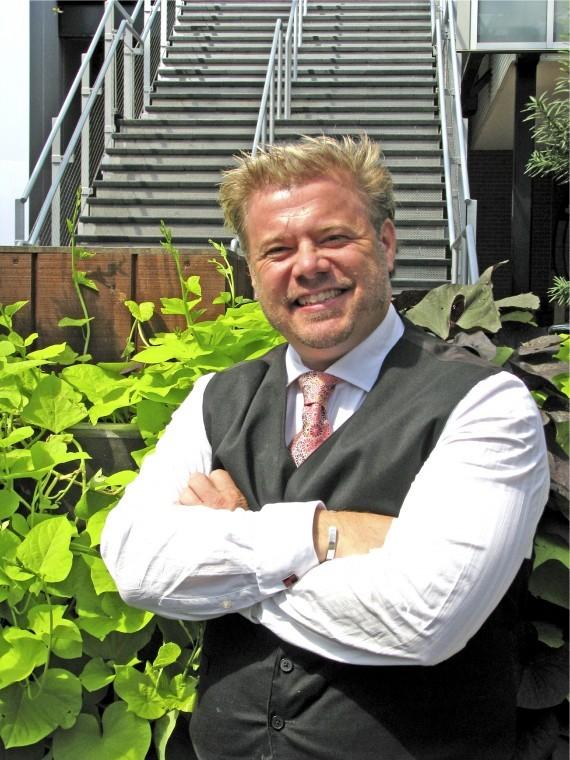Social work department introduces new face
November 7, 2012
The social work department at Washburn University has made some big changes, with new teachers as well as a new class.
Jay Memmott, former professor of social work, announced his resignation from WU at the beginning of June, to assume a new social work faculty position at a university in South Dakota, this fall. He finished teaching his summer course schedule, and this fall only one of his classes will be canceled and replaced with another. The other three that will be taken over by other teachers, will still be taught in the same time slot as before. Only one class, spirituality in social work will be canceled.
“The class was canceled because it was an area of specialty of [Dr. Memmott’s], and we weren’t able to get anyone to step in and teach it right, this semester,” said Mark Kaufman, director of the bachelor of social work program and chair of the social work department.
“We will teach it again. I am confident.”
Kaufman is also an associate professor for the social work department and teaches five different classes. He recently began his new position as chair of the department, and director of the social work department, when Memmott resigned. Kaufman says that every semester the social work department offers different electives for students to choose from.
“All social work students are required to take three electives. We vary those from semester to semester,” said Kaufman. “We put a few of them every semester and students choose the ones they are interested in.”
The spirituality in social work class is being replaced by a class about human sexuality in social work, which will be taught by George Turner. Turner is a new professor at WU this fall and in addition to teaching this new course, he will be taking over three previously offered courses. His new course is about human sexuality in social work.
“[It’s] an introductory survey course to help [students] understand a pretty complicated topic that can really present challenges for folks who are working with clients,” said Turner. “Our clients bring in their whole self, and that includes their sexual self, and their relational self and it just prepares students to address those issues.”
Turner started his career doing direct care work with adults who had mental and intellectual disabilities. He later opened a private practice in the Kansas City metropolitan area, with his colleague who was also a social worker. Their focus was sexual health and wellness, but they also saw clients for a variety of other issues.
“I have been a social worker since [I graduated from Kansas University] in agency work primarily working with adults with intellectual disabilities, which is the bulk of my previous professional career,” said Turner. “I still continue to be a pretty strong advocate for that population.”
As a professor who has worked in the social work field, Turner hopes to use his real-world experience to teach his students. His other classes include micro human behavior and social environment, social work practice one and contemporary issues in social work.



